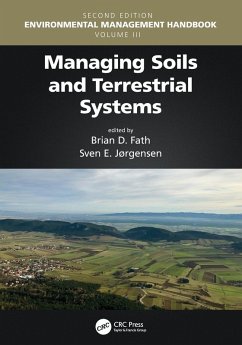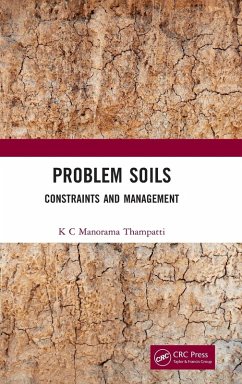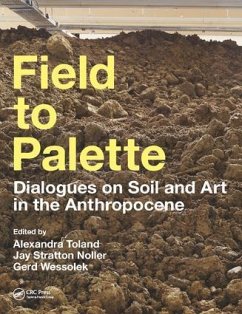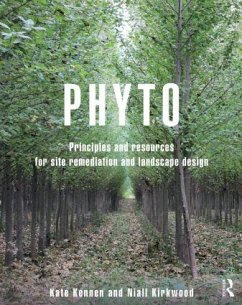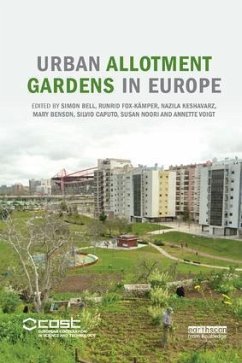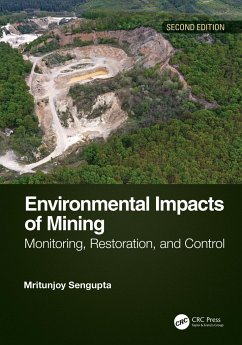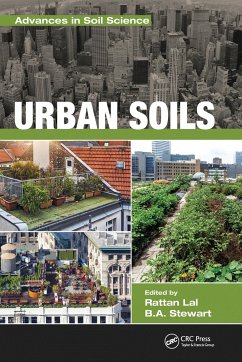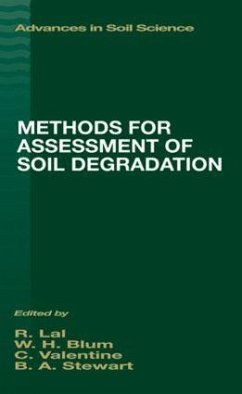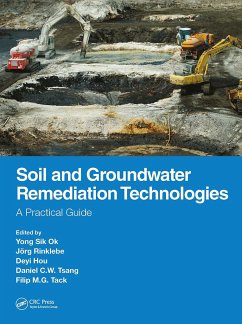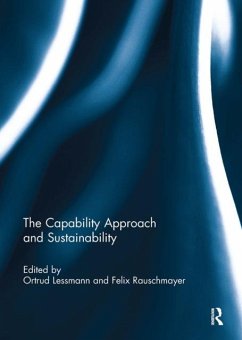
Phytotechnology with Biomass Production
Sustainable Management of Contaminated Sites
Herausgeber: Erickson, Larry E.; Pidlisnyuk, Valentina
Versandkostenfrei!
Versandfertig in 1-2 Wochen
86,99 €
inkl. MwSt.
Weitere Ausgaben:

PAYBACK Punkte
43 °P sammeln!
This book explains the concept of using phytotechnology with biomass production to improve soil quality and produce a valuable product that has economic and social value. It is focused on the application of the second generation biofuel crops to slightly contaminated or marginal post-military and post-mining soils and based on global field studies.





